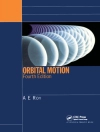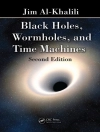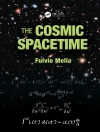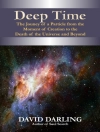This thesis describes the application of a Monte Carlo radiative transfer code to accretion disc winds in two types of systems spanning 9 orders of magnitude in mass and size. In both cases, the results provide important new insights. On small scales, the presence of disc winds in accreting white dwarf binary systems has long been inferred from the presence of ultraviolet absorption lines. Here, the thesis shows that the same winds can also produce optical emission lines and a recombination continuum. On large scales, the thesis constructs a simple model of disc winds in quasars that is capable of explaining both the observed absorption and emission signatures – a crucial advance that supports a disc-wind based unification scenario for quasars. Lastly, the thesis also includes a theoretical investigation into the equivalent width distribution of the emission lines in quasars, which reveals a major challenge to all unification scenarios.
Tabella dei contenuti
Introduction.- Accretion Disc Winds.- Monte Carlo Radiative Transfer and Ionization.- The Impact of Accretion Disc Winds on the Optical Spectra of Cataclysmic Variables.- Testing Quasar Unification: Radiative Transfer in Clumpy Winds.- Quasar Emission Lines as Probes of Orientation and Unification.- Conclusions and Future Work.
Circa l’autore
Dr. James Matthews’ scientific career started in earnest at the Harvard-Smithsonian Center for Astrophysics under the supervision of Dr. Rosanne Di Stefano. They worked on predicting gravitational lensing events in order to search for exoplanets. With his interest in computational astrophysics piqued, he transitioned to a Ph D at Southampton focusing on accretion disc winds. This project forms the basis of the thesis, which in particular aims to assess how universal the accretion and outflow phenomena are across 10 orders of magnitude in mass. Nowadays, Dr. Matthews works mostly on cosmic ray acceleration at Oxford with Professors Tony Bell and Katherine Blundell.












